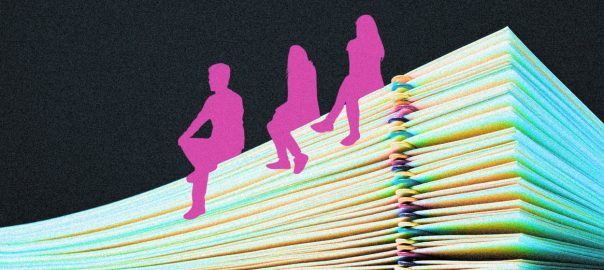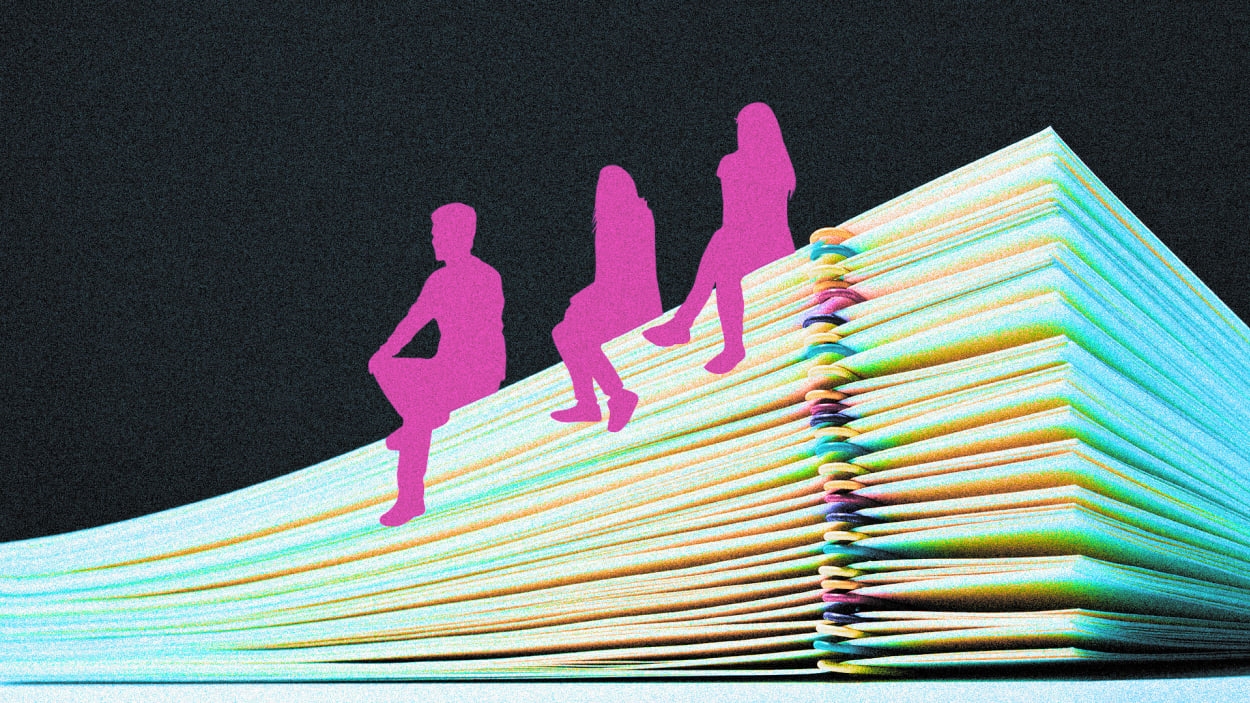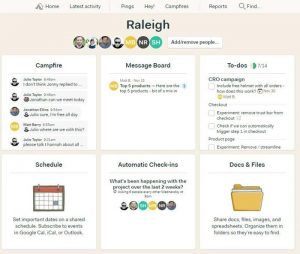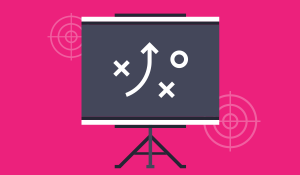Whether it’s meeting deadlines or hitting your goals, most of us feel some sort of pressure at work. While adrenaline can help us get things done, it can easily cross the line, leading to unhealthy levels of stress and anxiety.
“Work-related stress arises when the demands of work exceed the employee’s ability to cope and perform,” says Jay Shetty, chief purpose officer at the wellness app Calm and author of Think Like a Monk: Train Your Mind for Peace and Purpose Every Day.
Shetty says stress looks different for everyone and it’s important to pay attention to changes to your body that are hallmark signs, such as headaches, difficulty sleeping, stomach churning, restlessness, and faster breathing. These symptoms act as early detectors, and those who pick up on these early signals are more resilient than others.
“It’s imperative to reframe your responses to stress; it can have a dramatic impact on your long-term health,” says Shetty. “Lest we forget, anxiety is a cousin of stress, and having too much of either is a recipe for burnout.”
The good news is that it takes just 90 seconds for stress or anxiety hormones to flood and then clear the body, says Shetty. The key is to work breaks into your day.
A case for breaks
While breaks can be the easy fix, taking one is not intuitive, says Shetty. “We haven’t been trained on when to take breaks or how to do them,” he explains. “So, most people just skip altogether and take their anxiety or stress into the next task and meeting.”
Avoiding the cause of your anxiety, however, can lead to long-term negative effects that contribute to deteriorated physical, emotional, and mental health. “Workplace stress is at an all-time high,” says Shetty. “The vast majority—85%—of business leaders agree that employee mental health must be a top priority.”
In a recent Calm Business study, only one in three participants said they actually take breaks. The top three reasons were being too busy during work, feeling guilty for stepping away during work hours, and worrying about looking unproductive to coworkers.
“From that same study, 73% say that when they take mental health days, it has a positive impact on their work performance, with lower stress and higher productivity cited as the top benefits,” says Shetty.
How to break
Taking a break doesn’t have to take a lot of time. “What I often hear from people is how our mind is moving faster than our body with worries, anxieties, or other intrusive thoughts that cause stress,” says Shetty. “So, when we take time to be present, even for 60 seconds, to connect the body and breath through meditation or mindful movement, we end up feeling more centered.”
Shetty suggests keeping the “Three Ws” in mind:
Walk
One quick break idea is to take a walk. Moving the body, even for a gentle stroll, can deliver stress-reducing benefits, says Shetty.
“Personally, I like to be outside to get some fresh air and feel the sunshine if the weather is nice, but even walking the corridors of your office or in your apartment can make a huge difference,” he says.
Water
Drinking enough water is another important habit to weave into your break-taking routine.
“Five cups of water per day lowers the risk of anxiety, but the majority of people drink less than two cups per day, which actually increases anxiety,” says Shetty. “Keep a glass or eco-friendly water bottle on your desk and keep refilling to stay hydrated throughout the day.”
Window
The final W is one that throws people off: looking out a window, says Shetty.
“Leave the screens behind and find a window to sit by and look out into the distance,” he says. “When looking at the horizon, you’ll reduce eye strain and pain which is caused by looking at screens all day.”
Shetty says you get bonus points if the window is open so that you can enjoy some fresh air. The mind and body are in constant communication, and tuning into your feelings can help provide you with a greater perspective for changing course when necessary.
“At the end of the day, any amount of time in which you take a mindful break from work is filling up your cup in the short- and long-term,” says Shetty. “Small breaks throughout one’s workday can do wonders for our mental health. It can help with reducing stress or anxiety and up-leveling productivity, which is ultimately better for everyone.”
(2)







